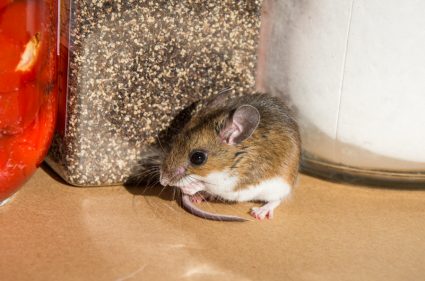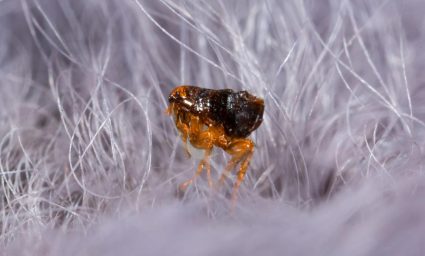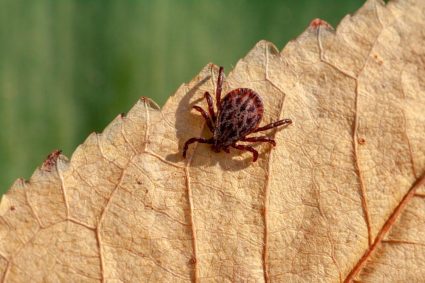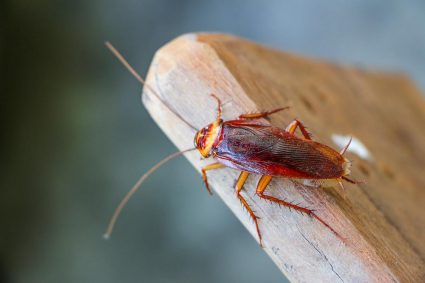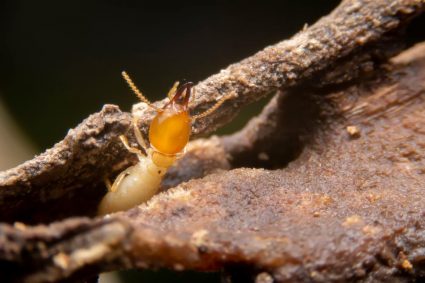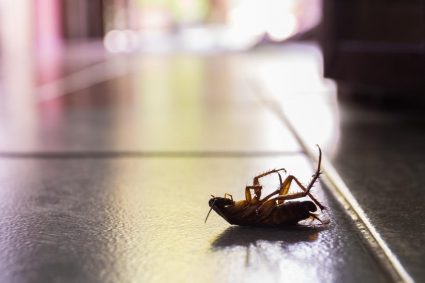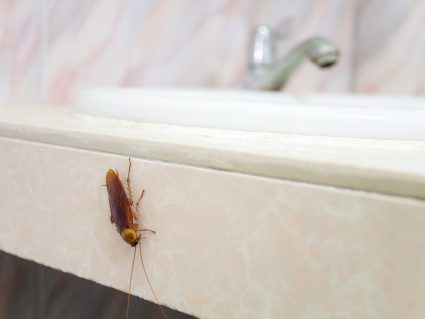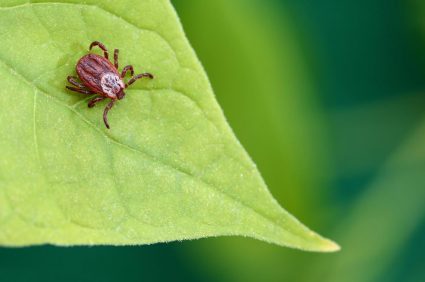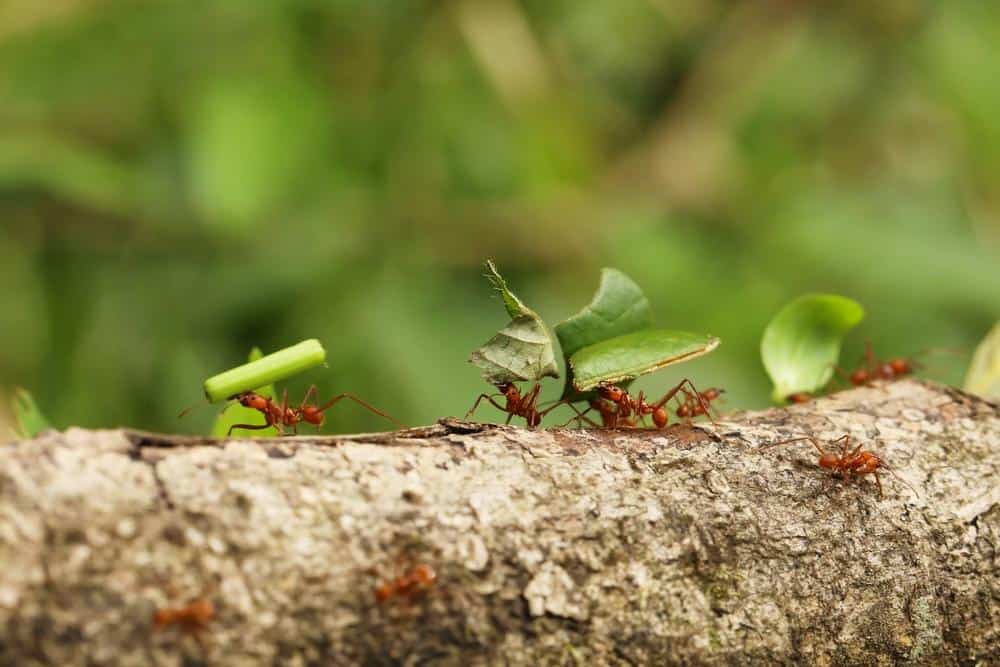
Ants are pervasive pests, and they can be more than just a nuisance. They can contaminate your food, cause structural damage to your home, and even pose health risks. If you’ve been noticing these tiny invaders in your home, you’re probably wondering, “Why am I getting ants in my house?” This article will delve into the reasons behind ant infestations, the potential risks associated with them, and how to prevent and treat these infestations effectively.
Ants are attracted to your house in search of food, water, and shelter. They are particularly drawn to sweet and protein-rich foods, moist areas, and safe nesting locations. They can enter your home through small gaps and cracks. Leaving out food, having moisture problems, and not sealing entry points can increase the chance of an ant infestation. Regular cleaning, storing food properly, and sealing potential entry points can help prevent ant infestations.
What Attracts Ants into Your House?
Ants enter homes in search of three primary things: food, water, and shelter.
Food Sources
Ants have a particular affinity for sweet and sugary substances like candy, fruit juice, and spilled foods. They’re also drawn to protein-rich foods like meat, cheese, and pet food crumbs. Leaving out food or not cleaning up spills and crumbs promptly can attract ants to your home.
Water Sources
Just like any other living creature, ants need water to survive. They’re often attracted to moist areas in your home, particularly during dry periods or after heavy rains. Common moist areas in homes include kitchens, bathrooms, and areas with plumbing leaks.
Shelter
Ants may also enter your home to seek shelter from extreme conditions such as heat, cold, or heavy rains. They can nest in various indoor locations, including wall voids, window frames, insulation, and crawlspaces.
Access Points
Ants are tiny creatures that can squeeze through the smallest of gaps. They can enter your home through cracks and crevices in the foundation, gaps under doors, poorly sealed windows, and openings around pipes or wires.
Common Types of Ants in Homes
The most common types of ants found in homes include odorous house ants, pavement ants, carpenter ants, Argentine ants, fire ants, ghost ants, and pharaoh ants. These ants can be a nuisance in homes, contaminating food sources and surfaces. It’s essential to identify the type of ant infestation to control and eliminate them effectively.
Identifying an Ant Infestation
If you spot a few ants indoors, it could indicate a larger colony or nest nearby. Other signs of an ant infestation include ant trails, sawdust trails (indicative of carpenter ants), hollow sounds in wooden beams, crumbling wooden structures, piles of soil or dirt, and discarded wings.
Health and Structural Risks
Ants can contaminate your food by crawling over it, potentially causing diseases. Carpenter ants can cause significant structural damage by tunneling through wood to build their nests. This can weaken the structural integrity of your home and lead to costly repairs.
Preventing Ant Infestations
The best way to prevent an ant infestation is to make your home less attractive to ants. Keep your house clean, store food in sealed containers, eliminate sources of moisture, and seal any gaps or cracks that may serve as entry points for ants. Regularly check for signs of an ant infestation and take immediate action if you notice any.
Home Remedies for Ant Infestations
Several home remedies can help you get rid of ants. These include a white vinegar and water solution, diatomaceous earth, cinnamon, salt, cayenne or black pepper, lemon juice, essential oils, and borax traps. However, these remedies may take some time to show results and may need to be reapplied periodically.
When to Call a Professional
If you notice signs of a serious ant infestation, it’s best to call a professional pest control service. Professionals have the knowledge and tools to effectively eliminate ant infestations and prevent future ones.
In conclusion, understanding why you’re getting ants in your house is the first step towards addressing the problem. By taking preventative measures and acting promptly at the first sign of an infestation, you can keep your home ant-free.
Frequently Asked Questions
What kind of food should I avoid leaving out to prevent attracting ants?
You should avoid leaving out sweet and sugary substances like candy, fruit juice, and any spilled food. Also, protein-rich foods like meat, cheese, and pet food crumbs can attract ants. Always clean up food spills and crumbs promptly.
How can I identify the type of ants in my home?
Identifying ants can be tricky due to their small size. However, you can generally identify them based on their color, size, and the locations where they’re found. For example, carpenter ants are usually larger and black, and they’re often found near wood since they tunnel through it to make their nests. If you’re unsure, it’s best to consult a pest control professional.
Can ants cause any health risks?
Yes, ants can pose health risks. They can contaminate your food by crawling over it, which could potentially lead to diseases.
Are there any natural remedies for getting rid of ants?
Yes, there are several home remedies that can help you get rid of ants. These include a white vinegar and water solution, diatomaceous earth, cinnamon, salt, cayenne or black pepper, lemon juice, essential oils, and borax traps.
When should I call a professional pest control service?
If you notice signs of a serious ant infestation or if the home remedies don’t seem to be working, it’s best to call a professional pest control service. They have the knowledge and tools to effectively eliminate ant infestations and prevent future ones.

